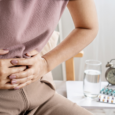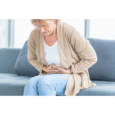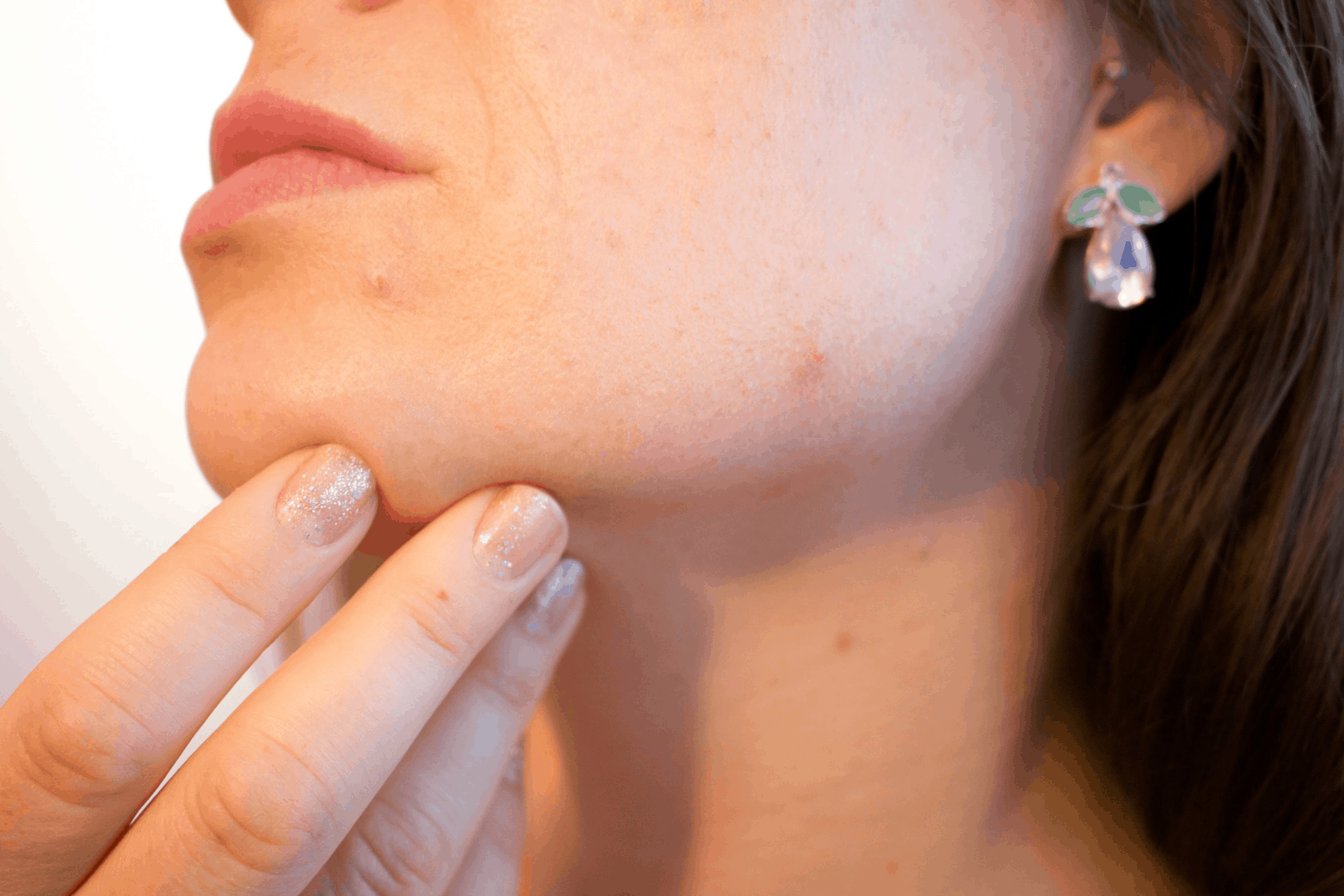Ulcerative colitis (UC) is an inflammatory bowel disease (IBD). This means that there is inflammation in the tissues of the digestive tract. It is often confused with Crohn’s disease as they have similar symptoms, however UC is usually only found in the colon and rectum, but Crohn’s can occur anywhere in the digestive tract.
Like Crohn’s, UC is an autoimmune condition – the damage is caused by your own immune system attacking your cells, causing inflammation. Ulcers form where inflammation has damaged the cells that usually line the colon and they can then bleed, become inflamed and produce pus.
Symptoms
- Loss of appetite
- Weight loss
- Malaise
- Flatulence
- Abdominal pain and cramping
- Low grade fever
- Pain in lower right quadrant
- Anaemia,
- Diarrhoea
- Blood in stool
Who gets it?
- Age- Ulcerative Colitis can develop at any age, but is most often diagnosed in people in their 30s. However, some may not develop the disease until after 50 or 60 years of age.
- Ethnicity – Ulcerative Colitis is most common among people of European descent. People of African descent have a lower incidence, as do individuals who originate from Asia and South America. Jewish people have been found to have the highest risk of developing ulcerative colitis.
- Family history is currently the most prominent risk factor. Genetics have been found to play a significant role in the development of the disease, with reports of up to 20% of people diagnosed with ulcerative colitis having a first-degree relative with ulcerative colitis or Crohn.
What causes it?
The cause of the condition is not known. There are some common theories that are listed below.
- Most people with UC have an excess T2 immune cells. These should be in balance with T1 cells.
- Food allergies – dairy and gluten are often found to be contributory factors in the diet.
Complications
- Colon cancer – this can be dependant on how much of the colon is involved. If the entire colon is involved there is a higher risk of cancer.
- Anal fissures, haemorrhoids and perirectal abscesses can also occur.
Medical Diagnosis
- Sigmoidoscopy – This allows viewing the sigmoid colon and rectum using a thin, flexible, lighted tube with an attached camera. Small samples of tissue (biopsy) are taken for laboratory analysis, which may help confirm a diagnosis.
- X-rays – show abnormalities such as small erosions, ulcers or necrosis of colon and or rectum
- IgG and IgE antibodies are found against certain foods.
- Stool analysis – check for bacteria and pathogens.
Dietary suggestions
- Eliminate wheat and dairy or known allergen, also alcohol, caffeine and sugar. Most people are found to have food allergies, most common being wheat and dairy.
- Fish oils help decrease inflammation.
- Probiotics – to establish beneficial bowel flora.
- Eat 5 – 6 smaller meals throughout the day, to lower aggravation og GI tract.
- Take care to avoid dehydration due to diarrhoea.
What House of Health Naturopaths can do to Help You
- Help identify food allergies
- Use herbal medicine and nutritional supplements to reduce the inflammation.
- Use specialized practitioner only digestive supplements to heal the digestive system.
- Help balance the immune system.
- Identify nutritional deficiencies and correct them using higher dose practitioner only mineral and vitamin supplements to correct any nutritional deficiencies.










